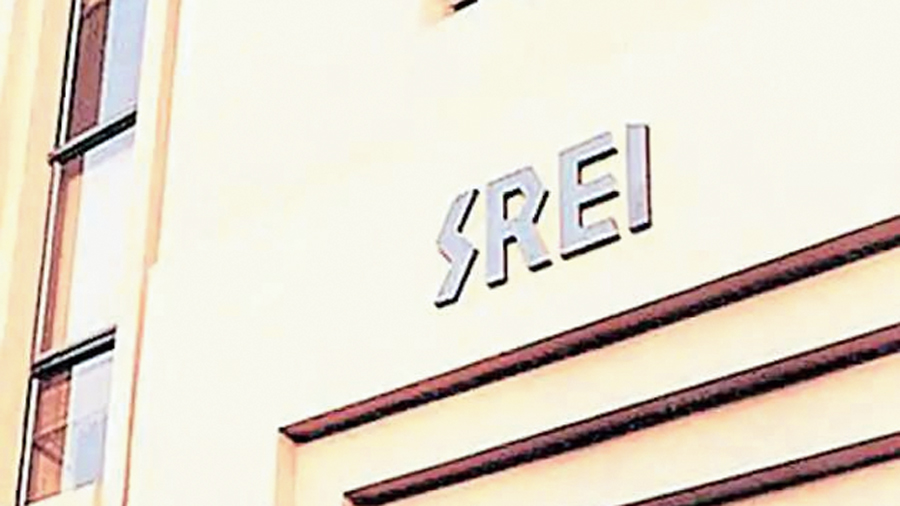The Srei group’s decision to proactively move to NCLT in a bid to recast debt and repay creditors in retrospect could have irked the bankers and prompted the Reserve Bank of India to trigger its powers to supercede the board of directors of Srei Infrastructure Finance (SIFL) and Srei Equipment Finance (SEFL).
“Unfortunately because of the Covid and the related problems, the infrastructure sector was affected badly. There was also a moratorium which we had to give to our customers. That is the reason why we went and filed the scheme so that everyone can be paid in a structured manner. But maybe some people may not have liked that. Maybe that is the reason why this reaction would have come,” said Hemant Kanoria who has headed the two NBFCs of Srei Group.
“We are ourselves perplexed at the decision,” Kanoria said, adding that efforts were being made to pay full dues to all creditors in a structured manner and also rope in investors in a bid to strengthen the company. The company’s total liabilities are around Rs 18,000 crore of bank loans and another Rs 10,000 crore of external commercial borrowings and bonds.
Rewinding to 2020, the two non-bank finance companies were affected by an asset-liability mismatch amid the Covid pandemic and the changing regulatory landscape of loan moratorium and restructuring. While the borrowers of the NBFCs got the benefit, the NBFCs could not get the same benefit from the banks. Srei approached the NCLT under section 230 of Companies Act with a restructuring proposal but the lenders were not in favour.
The lenders, who have initiated a forensic enquiry, took control of the cash flow of the companies in November 2020 which further affected the day-to-day business including clearance of salary. The company subsequently filed separate schemes for other creditors, besides banks, in December 2020 to make payments.
Capital infusion
SEFL received interest from a total of 11 global investors including Singapore's Makara Capital Partners for investment of Rs 2200 crore and from US based Arena Investors for investment of Rs 2000 crore. Cerberus Global Investments, Charlestown Capital Advisors, CarVal Investors LP, Varde Parterns Asia Pte and Maystone Capital are among the other firms who have expressed their interest to invest.
The erstwhile board of directors had accepted the non-binding term sheets from Arena Investors and Makara Capital and forwarded to RBI for its approval. However the appointment of the administrator with an eventual intent at triggering insolvency puts a question mark over the fate of the proposals received.
“We have to wait and see because the decision came only yesterday evening. We have to understand from the RBI what are they going to do and what would be the next step going forward,” said Kanoria.
Next step
The RBI has appointed Rajneesh Sharma as the administrator for the two Srei group firms and a three member committee to assist him in discharge of duties. Sharma, former chief general manager of Bank of Baroda, has taken charge following the RBI directive on Monday.
Srei would likely explore its legal option but according to observers it may not be able to avoid the ignominy of seeing the two entities dragged into bankruptcy resolution - .only the second time this has happened since DHFL went through a highly controversial process.
“The appointment of the administrator by the RBI paves the way for the corporate resolution process of the two Srei entities. Once the NCLT approves the same, the board of directors of these entities will stand suspended. A moratorium will be imposed on any proceedings against these entities, enforcement of any security or transfer of assets.
“The CIRP will enable foreign creditors, including ECB lenders and bond holders to restructure their debts alongside domestic creditors. If a resolution plan is successfully approved under the CIRP, it will allow the companies to start on a clean slate, which is missing under the RBI stressed assets framework. This decision of RBI follows on the heels of a successful resolution process of DHFL,” said Aashit Shah, partner, J. Sagar Associates.










